Narcissists rarely show their true face.
They arrive polished, charming, helpful, and kind until you notice the pattern beneath the shine.
Survivors like us don’t fall for monsters. We fall for the masks.
They present what we desperately want to believe: a family that loves us, a partner that cares, or relatives that finally “see” us.
For years, I mistook manipulation for love.
My mother’s warmth came in bursts, always followed by cold silence.
My brother’s charm earned forgiveness I could never afford, while my sister’s tears looked like remorse but felt like traps.
I learned then that narcissists are performers.
This article exposes the seven masks narcissists use to gain trust, sympathy, and admiration.
Each mask is a tactic, a calculated disguise to control perception and secure power.
Once you recognize them, the illusion breaks.
You stop asking “why they hurt you” and start seeing “how they keep getting away with it.”
Table of Contents
The Kindness Mask
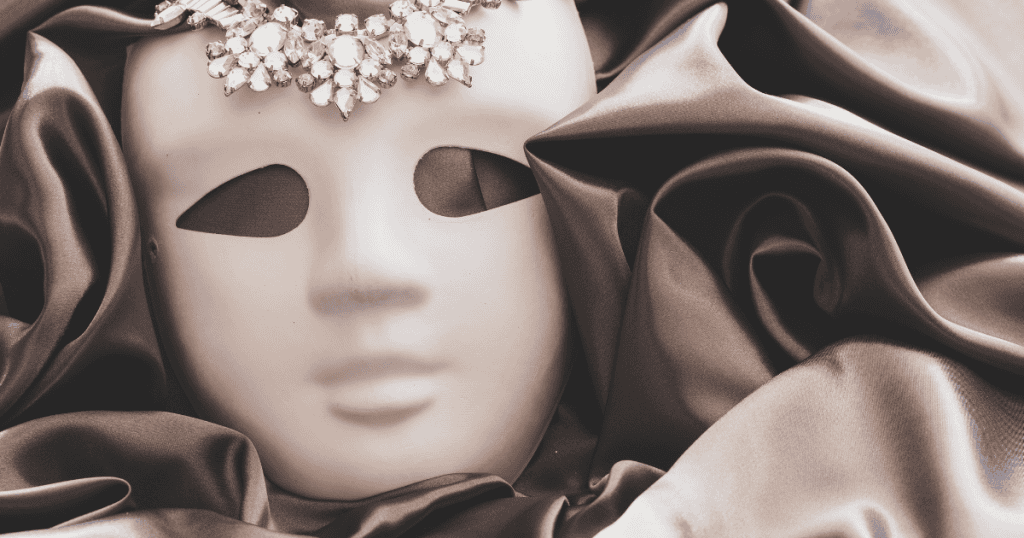
Fake generosity, forced charm, and sweet gestures. They’re all bait.
The first mask is pure sugar.
Narcissists open with kindness because it’s the easiest way in.
They bake cookies, offer help, and flood you with attention.
You feel chosen. Safe, even. But safety isn’t what they’re offering.
Why It Hooks You
After chaos, kindness feels like oxygen.
Survivors of narcissistic abuse crave softness, a break from the emotional bruises of life.
Narcissists sense hunger and serve sweetness in heavy doses.
You don’t question the motive because you want to believe kindness is finally real.
The Reveal
One morning, I found a sticky note on my desk from my manipulative mother, “You’re doing amazing, sweetheart.”
For a split second, my heart softened.
I was in college then, barely sleeping, always craving her approval.
That night, she brought it up casually while washing dishes.
“You know,” she said, “I told everyone you wouldn’t survive college. But I’m glad you proved me wrong.”
The compliment melted into poison mid-sentence.
She hadn’t written that note to encourage me. She’d done it to remind me that my success was a surprise.
An exception, not an expectation.
That’s the Kindness Mask: sugar-laced control. The sweetness always comes with a sting.
The Hardworking Mask
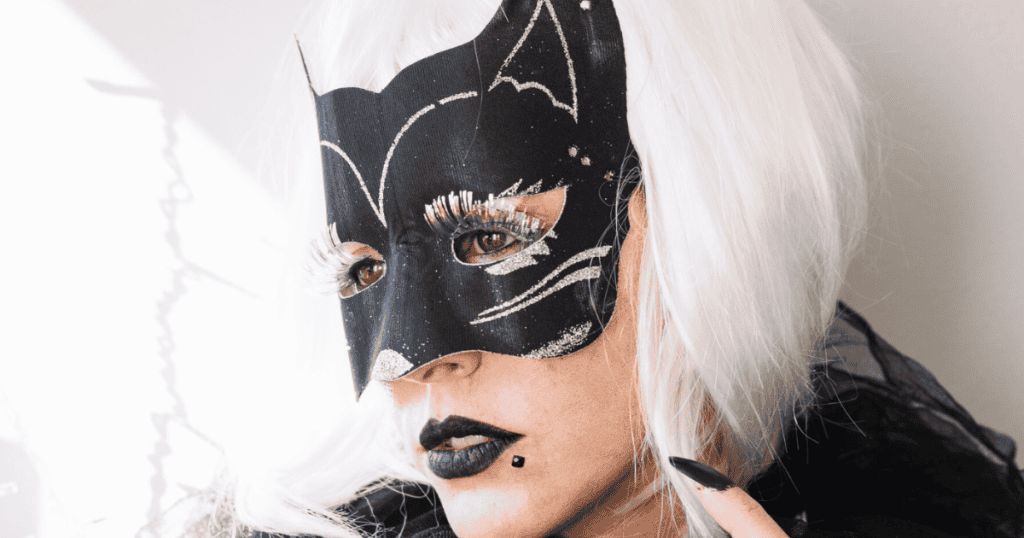
The second mask glows with ambition.
They brag about hustle, dedication, and endless projects, anything to look worthy of admiration.
Narcissists love to appear tireless, driven, and superior. They boast about being “the one holding everything together.”
But it’s not about effort. It’s about image.
Why It Hooks You
Society worships hard work.
We’re trained to equate grind with goodness.
So when a toxic sibling works overtime or handles family matters, we admire them, even when they use that narrative to guilt us.
The Reveal
My narcissistic sister used to text me photos of her laptop at midnight, captioned “Still working. Some of us don’t get to rest.”
She’d say it like a joke, but every message carried a bite.
Then one day, I saw her at a café during those supposed “work nights.”
She was scrolling through social media, rehearsing lines from her next “sacrifice speech.”
When I quietly mentioned it later, she smirked and said, “Oh, I needed ‘me time’ too.”
That’s when I understood that her busyness wasn’t about productivity, but about performance.
The Hardworking Mask exists to guilt the audience into applause.
The Broken Mask
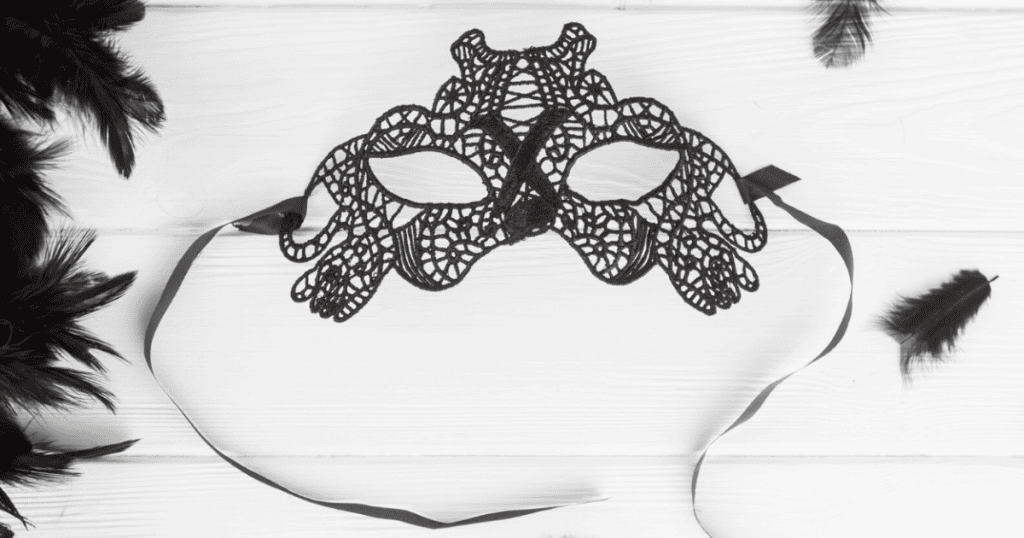
This mask is the most seductive.
Tears, sad stories, and endless wounds all dangle pain to pull you in.
Narcissists weaponize weakness to keep you anchored in guilt.
They bleed on cue, confess past trauma, or cry about being misunderstood just to secure your caretaking.
Why It Hooks You
Empaths are fixers. When you see pain, you lean in.
Narcissists exploit that impulse.
They know you’ll stay longer if you think leaving might “break” them further.
The Reveal
My toxic brother once stood outside my door in the middle of the night, saying he “just needed someone to talk to.”
His voice trembled, so I let him in.
He sat on my floor, talking about how “nobody believed in him,” that I was the only one who ever cared.
A week later, I overheard him laughing with friends, retelling that same night as a “test” to see if I’d still “jump” for him.
My stomach dropped at the realization that I had been baited by his pain.
The Broken Mask feeds on empathy until it starves you.
The Victim Mask

Every problem is someone else’s fault, and every mess has a scapegoat, which is usually you.
When the narcissist wears the victim mask, they rewrite history.
They never cause chaos. They “endure” it.
And if something goes wrong, your name magically appears in the blame column.
Why It Hooks You
If you grew up apologizing for everything, even other people’s moods, their victim act feels familiar.
You start explaining yourself instead of defending.
That’s exactly what they want.
The Reveal
One afternoon, I found a group chat my self-absorbed mom had created with relatives, the kind where I was mysteriously missing.
She was sharing screenshots of my messages, carefully cropped to make me look cruel.
I stared at the phone, realizing she’d rewritten an entire argument.
Later, when I asked her why, she sighed, “I just needed them to understand what I go through with you.”
That’s the Victim Mask, deceit wrapped in desperation.
It’s not just manipulation. It’s identity theft.
The Rescuer Mask

The rescuer mask looks noble.
They sweep in to “save” you, but salvation always comes with strings.
Narcissists love the hero role.
They’ll offer help when you’re vulnerable, like financial aid, emotional advice, or a sudden willingness to “fix” things.
But every act of help has a fine print.
Why It Hooks You
Support feels safe, especially after years of doing everything alone.
When someone steps in saying, “I’ve got you,” you want to believe them.
Narcissists exploit that longing for relief.
The Reveal
When another narcissistic family member, my aunt, heard I was struggling to pay rent, she offered to “help out.”
I resisted at first, but she insisted, sending the money before I could say no.
A month later, she mentioned it in front of everyone at my cousin’s birthday.
She said, “Some people forget who helped them when they were down.”
I froze.
I hadn’t forgotten. I just hadn’t been allowed to move on.
That’s how the Rescuer Mask works. The rescue is never about relief, but leverage.
The Lover Mask
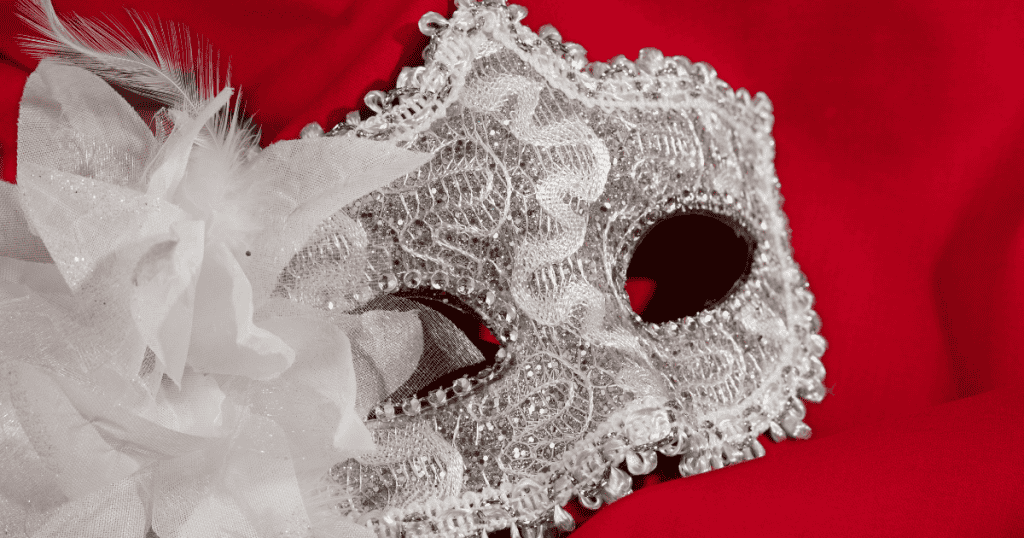
Love-bombing, obsession, and over-the-top affection that feels like fate. It’s all part of the act.
Though often romantic, this mask also shows up in a narcissistic family, the “I love you most” kind of obsession.
The narcissist floods you with affection until you depend on it.
Why It Hooks You
When real love has always been conditional, intensity feels like proof.
You mistake obsession for care, and over-attention for connection.
The Reveal
My sister used to text me dozens of heart emojis whenever we bonded, long voice notes, inside jokes, and constant affection.
But the moment I disagreed with her about something trivial, she deleted every photo of us on social media.
When I asked why, she said, “I don’t like fake people.”
That’s when I learned that her affection wasn’t love.
It was control dressed in warmth, devotion that disappeared at the first sign of independence.
The Top-Tier Mask
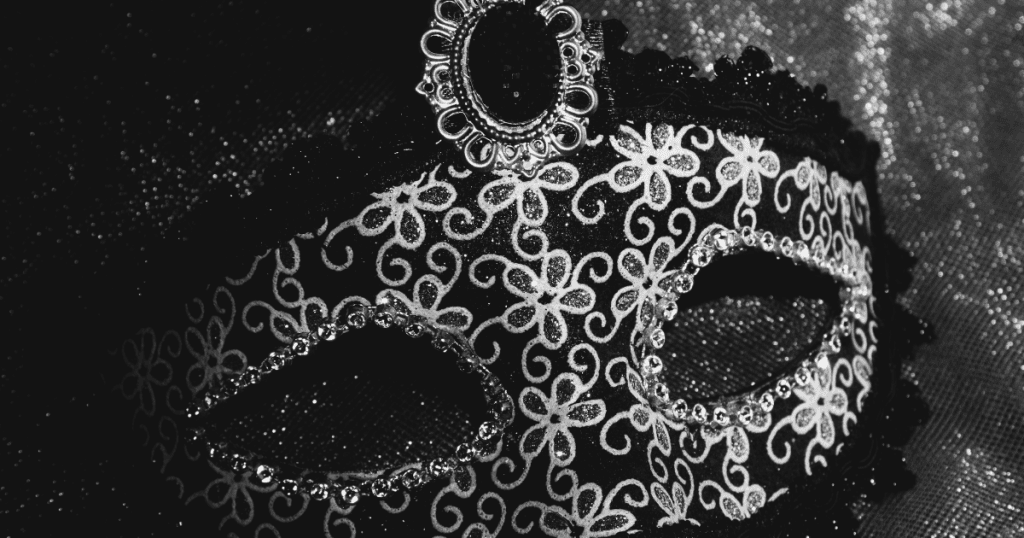
The top-tier mask thrives on hierarchy.
They strut in like royalty, flaunting power or popularity.
Narcissists love being seen as superior, the smartest, the most accomplished, the one “everyone looks up to.”
They inflate status to command obedience.
Why It Hooks You
Confidence looks like stability.
Narcissistic abuse survivors mistake arrogance for security because we’ve been taught to equate loudness with strength.
The Reveal
When my overbearing brother bought his first car, he parked it diagonally across the driveway, blocking everyone else’s path.
When I asked if he could move it, he said, “If you worked harder, you could afford your own spot.”
That sentence burned itself into me.
His car wasn’t transportation. It was a throne.
That’s the Top-Tier Mask: power used not to inspire, but to remind you of your supposed place beneath them.
Unmasking the Narcissist

Narcissists can’t function without their masks. Each one serves a purpose, manipulation through illusion.
But once you see the performance for what it is, it loses its grip.
I’ve learned to watch patterns, not performances.
My mother’s sudden kindness, my brother’s fragility, and my sister’s affection no longer confuse me.
They’re signals now, not surprises.
Every smile, every sigh, every “I was only trying to help” becomes data, evidence of control disguised as care.
The shift happens quietly.
You stop explaining yourself and stop defending what you know to be true.
Instead, you study the script they’ve been repeating for years and realize that they’re predictable.
When you stop reacting and start observing, you strip narcissists of their favorite weapon. Your belief.
Their power depends on your confusion.
The masks crumble when exposed to truth.
Remember this: every mask is borrowed. Every act is rehearsed.
Once you see behind the curtain, you never unsee it.
And that clarity, though painful, is freedom, the kind that can’t be taken back, no matter how many times they try to rewrite the story.
Related posts:
- 5 Confessions of a Narcissist: Behind The Mask
- 8 Non-Negotiable Rules I Live By Every Time a Narcissist Crosses My Mind
- Narcissist Conversations: Why They Go in Circles and How It Wrecks Your Brain
- How to Deal With a Narcissist Who Hates You (And Still Win)
- 7 Masks Narcissistic Abuse Trains You to Wear (And How I Dismantled Each One)


